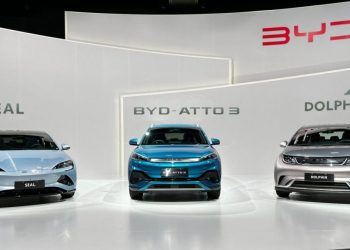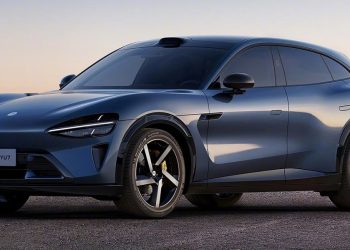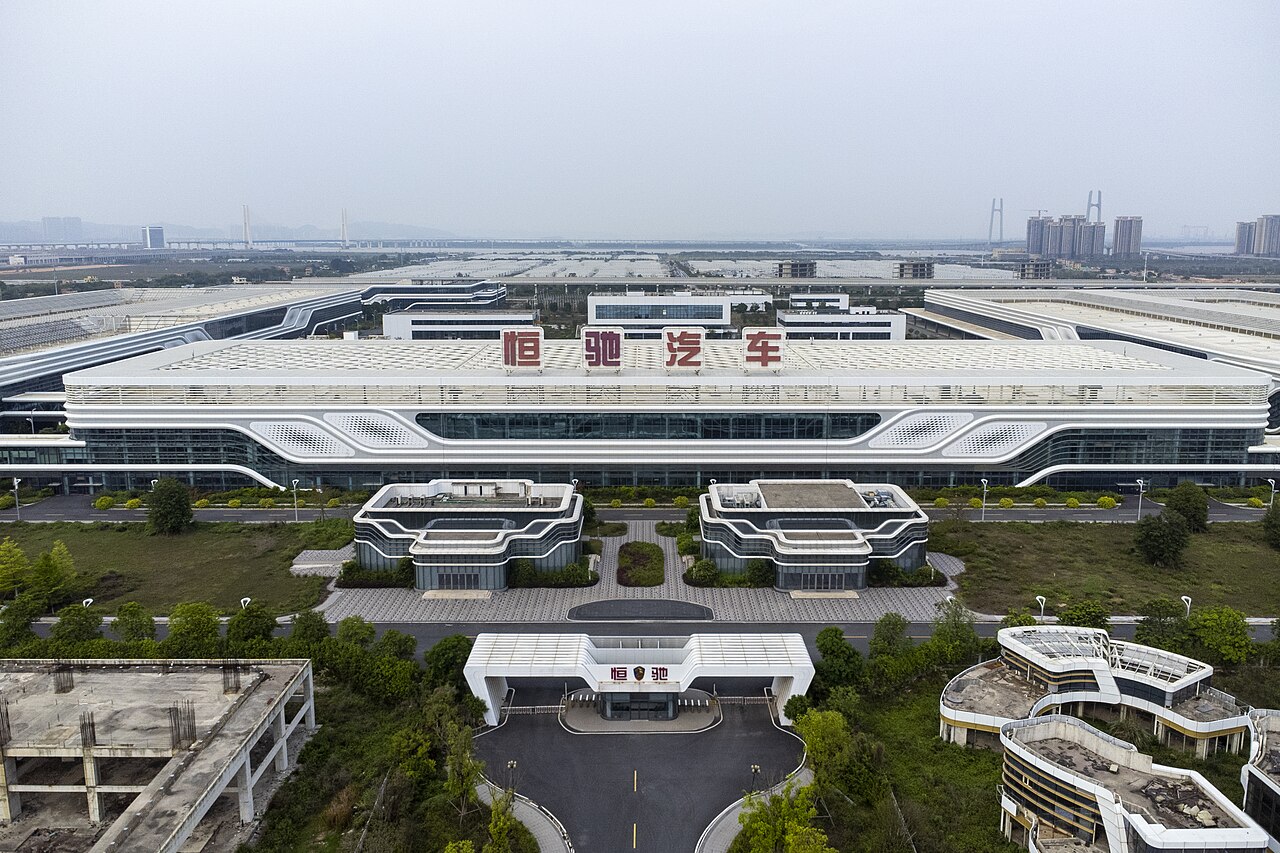The China EV price wars are leaving devastation across the country’s auto sector. In spring 2024, Li Hongxing, a marketing veteran running a social media ad agency, believed he had secured a dream client in Ji Yue, a rising electric vehicle brand. He borrowed heavily to fund ads, expecting repayment once the startup’s momentum translated into sales. Instead, Ji Yue collapsed within six months, leaving Li with $5.6 million in debt and a sense of despair.
Li’s misfortune reflects a broader reality: China’s EV boom has created winners and many casualties. The government’s subsidies and support helped turn the country into the world’s largest EV market. Companies like BYD now dominate globally. Yet the same policies also fostered an environment of excess supply and cutthroat competition. Hundreds of smaller brands have already gone bankrupt in the brutal race for market share.
Price wars now define the industry. Carmakers slash prices to attract customers, but those discounts erode profits and squeeze suppliers. Industry experts report that even leading brands pressure parts makers to sell below cost and wait months for payment. Such practices ripple through the supply chain, leaving businesses strained and at risk. The result is what Chinese officials call “disorderly competition,” a challenge not only for the EV industry but also for sectors like solar panels, e-commerce, and food delivery.
Meanwhile, China’s EV giants are not slowing down. Brands including BYD, Geely, Chery, and Changan are pushing aggressively into overseas markets. In 2023, China exported nearly six million vehicles, overtaking every other country. This surge has raised alarms abroad, triggering responses like tariffs and restrictions from Europe, Mexico, and Canada. Global governments worry about unfair competition from low-cost Chinese exports, even as consumers welcome affordable EVs.
The China EV price wars show both the strength and fragility of the country’s auto industry. Aggressive expansion has propelled Chinese automakers to global leadership, but at home, relentless competition has left many brands bankrupt and suppliers struggling. For entrepreneurs like Li, the dream of riding China’s EV wave quickly turned into financial ruin. For global markets, the pressure of cheap Chinese exports now risks sparking trade conflicts that could shape the next decade of the auto industry.
READ: Jetour Zongheng G700 PHEV SUV Pre-Sales Launch in China











